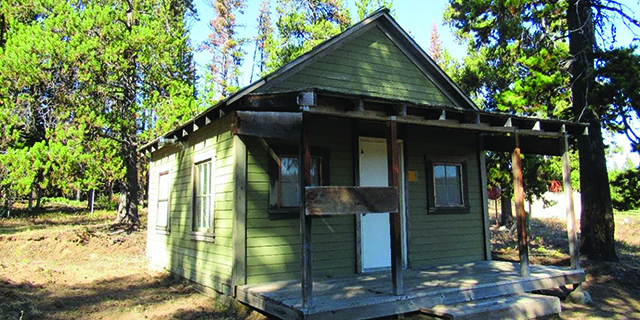Other views | Local solutions from local sources
Published 12:00 am Wednesday, May 15, 2019
Oregon’s housing problems are statewide. They’re being felt in relatively small upper Willamette Valley communities and in Malheur County in far Eastern Oregon. Two bills in the Legislature take very different approaches to the problem, and lawmakers should give them a chance.
House Bill 2997 was sponsored by state Rep. Ron Noble, R-McMinnville, on behalf of the McMinnville Affordable Housing Task Force. If approved, it would allow the city to change its inclusionary zoning laws to require that 5% of dwellings in new housing developments be affordable to those whose income is 80% of the median family income in the county. It would increase workforce housing in the community.
Trending
The bill is carefully written to apply to McMinnville only.
House Bill 2456, sponsored by Rep. Lynn Findley, R-Vale, would allow housing development on up to 200 acres within the Eastern Oregon Border Economic Development Region, an area that includes land close to the Idaho border in Malheur County. Development could occur only on marginal farmland, on 2-acre parcels. While it is not targeted at any particular income group, expanding the stock of available housing, as this bill would allow, should help ease a housing crunch there. It could expand the county’s housing stock by as many as 100 homes.
Each one of the measures proposes things that under current land use regulations are not allowed in Oregon, but both would increase available housing in their communities. Too, the measures might not be desirable or workable in every city and county in Oregon, but supporters believe they’ll work in McMinnville and Malheur County.
Lawmakers should approve both measures. Giving local communities the power to come up with local solutions to their housing problems can help ensure those solutions will work.









